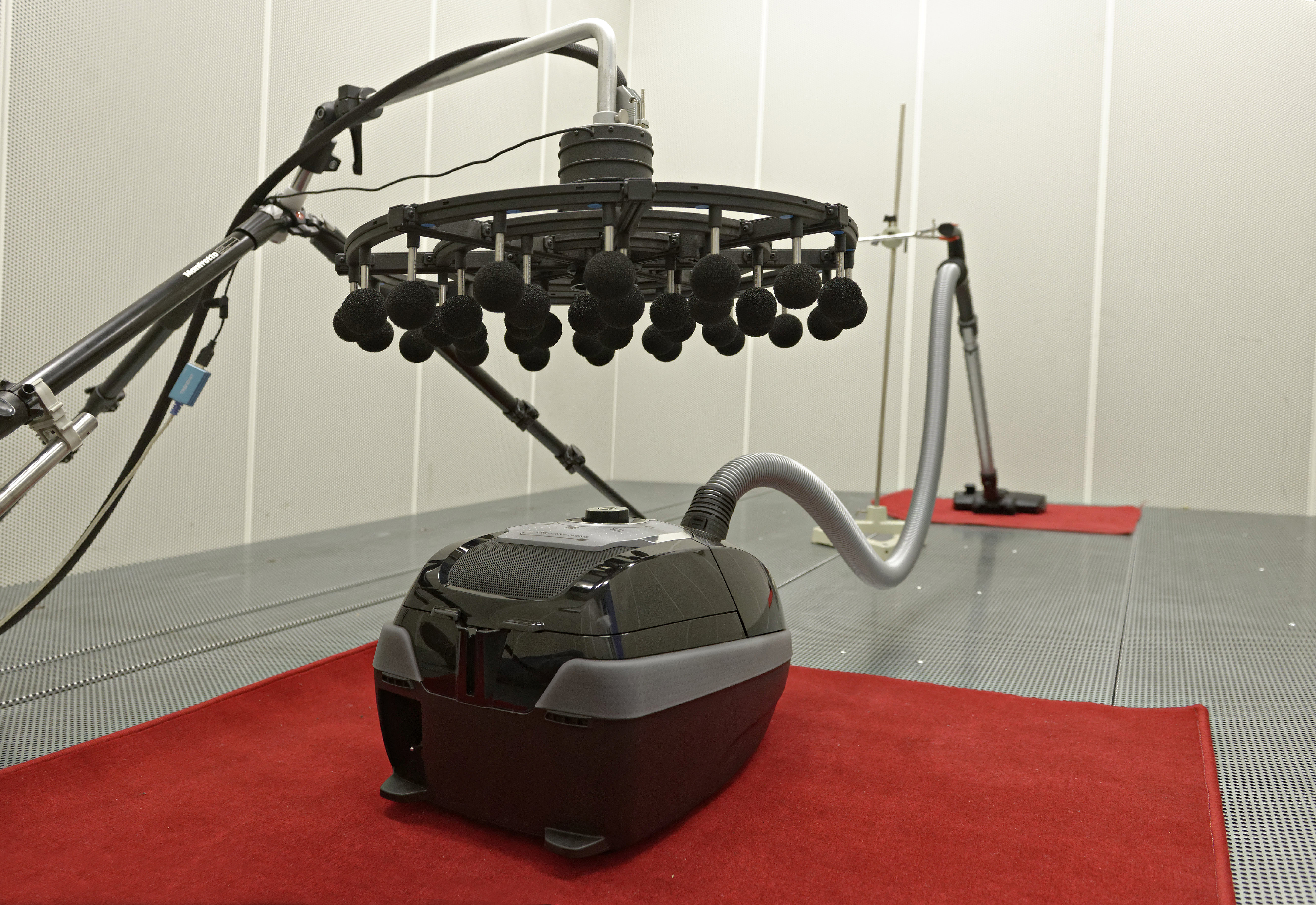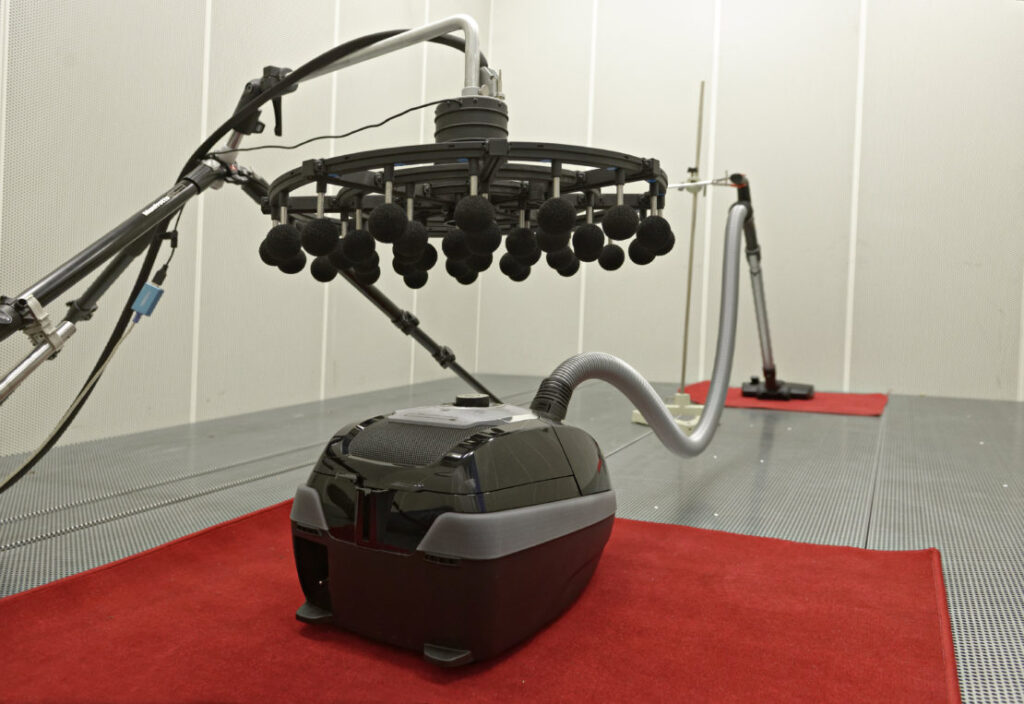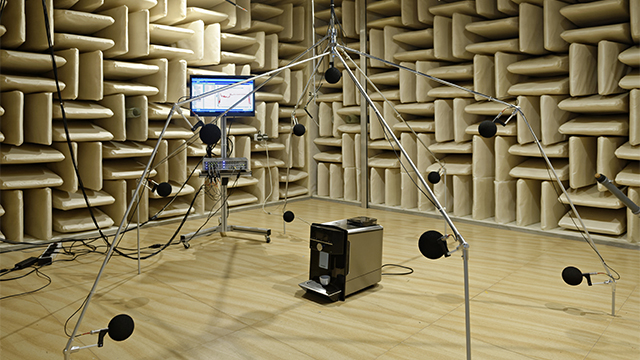Reducing household appliance noise improves your day to day life

written by M. Umar Rasheed
How can a reduced household appliance noise improve your day-to-day life? Well, wouldn’t it be annoying if you went home after a stressful day and wanted to have a peaceful and quiet evening, but the noise from the refrigerator is just nerve-wracking and unbearable? That’s when you start regretting purchasing that appliance, isn’t it? As if the day was not frustrating enough…
BSH optimizes acoustic and vibration

Well, fortunately, customer-centric companies as BSH, one of the leading household appliance manufacturers in the world, are constantly looking for new ways to optimize the noise and vibration in their products to deliver superior value to their customers. Of course, this can be a daunting task. BSH needs to consider the costs of design, physical testing and data analysis before manufacturing an optimized prototype.
BSH has a Vibrations and Acoustics department responsible for the optimization of vibration and noise in their products. It uses a variety of psychoacoustic tools to measure the sound and vibration levels of appliances by using binaural heads in highly sophisticated anechoic chambers, ensuring the accurate measurement of sound. The results are then analyzed, making sure that the acoustic levels meet expectations.
Using Simcenter to act on appliance noise

Simcenter helps in relating simulations with experimental tests, providing vibroacoustic analytical insights that are vital for optimal product development.
Engineers create models using Simcenter 3D to evaluate the vibroacoustic parameters in any stage of the product’s development. They change the design elements of the product and are able to see the consequences of those changes on the product design. It allows them to intervene in any stage of the simulation chain. It also helps them improve the design and other parameters without affecting the product’s functionality and without it costing more.
The reliability of the results produced by simulation parameters is verified by experimental testing. Once simulation produces optimized and reliable results, the engineers then translate these new parameters into the actual prototype. The engineers can also use test data to enhance simulation in an information loop that keeps improving until it meets the optimized targets.
Digitalization has significantly reduced the product’s development time. With further advancement in simulation and testing technology for durability, engineers will be able to predict the product’s long-term performance too.


